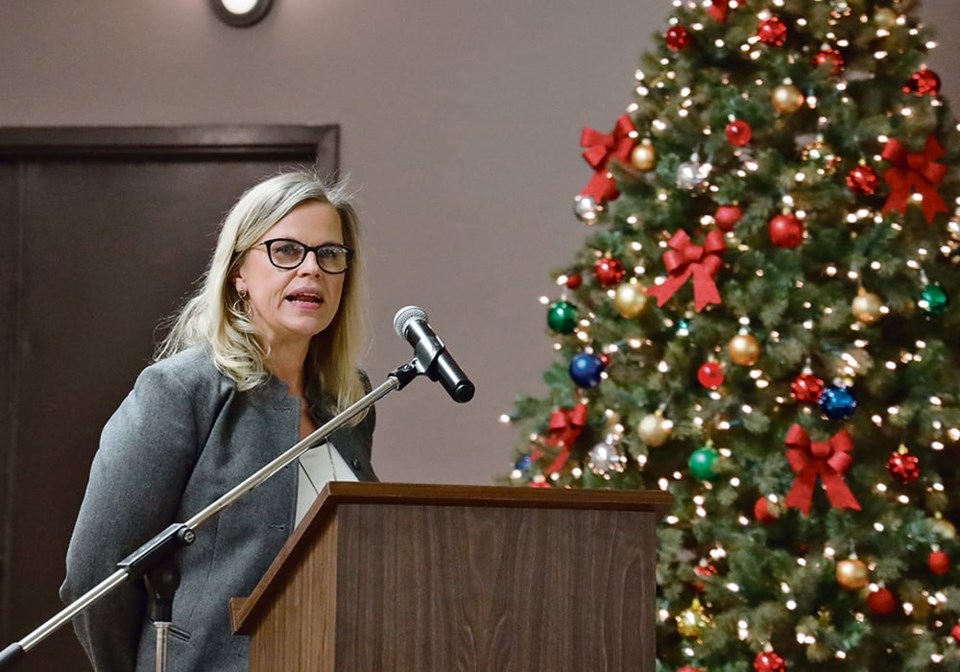STROME, Alta. — Having the taxes organized and the yard in good shape are important when planning a farm retirement or succession plan, but just as important is open communication and good mental and emotional health.
Farm transitions are hard and the family needs to have all the skills to cope, said Doreen Blumhagen of Halkirk, Alta.
“One of the things that is important is to stay mentally happy. It will help us through this transition. It will not be all sunshine and roses,” said Blumhagen of the farm sale process that has begun for their central Alberta farm.
Doreen and her husband, Shannon, have just started the process of retiring and selling their farm. Their two adult children have good jobs in Vancouver and Kelowna and have no plans to return to the farm. The lure of a new grandchild is strong.
“Some people are shocked we will move. We have made a living there, but it is not where they want to make a living. I don’t feel any sadness that they chose something different.”
So, the process of succession planning has begun with many stresses, things to learn, do and decide, she told a Farm Succession Planning workshop.
The couple have yet to set a strict timeline for the move. Doreen wants to move sooner while their grandson is still young and Shannon doesn’t know if he is ready to sell the farm just yet.
“We find our timelines are not lining up. I am pulled more to move than he is. We’ve had many talks about this,” she said.
Having a toolbox full of coping tools has been how Blumhagen has dealt with her depression and anxiety and those same tools will help her navigate their farm sale, she said.
“We find that it is really challenging not only for our business decisions, but it is hard on our hearts as well.”
Blumhagen said having and writing in a gratitude journal, meditation, being self-aware, volunteering in the community and making a conscious effort to listen to positive podcasts and reading positive books and magazines have all helped her cope with her mental health and will also guide her through the farm transition.
“My brain is consuming good things. If you are consuming a lot of negatives you will think that way.”
When she began meditation as one more way to still her thoughts, her husband thought the idea was a bit “woo woo.” But as she developed the practice, her husband saw the positive changes in her and joined her. Having coping tools is important for both.
“I am a big advocate about talking about mental health,” said Blumhagen, who started her company, Country Road Chats, during COVID-19 as a way to continue the farm mental health conversation.
“Grief and hesitancy will surround any farm transition or succession.”
Grief is not only about the death of a loved one. Farm families can grieve the ending of a chapter in their lives the same as a loss in your family. Families may feel grief when they move to town, away from their community, or deal with the unknown.
“All of these will be a challenge to your mental health. Grief comes from loving something,” she said.
“You need to give your heart and emotions the weight they deserve. It’s not all about business. It’s not all about money.”
While the couple know they want to sell their farm, they also know they don’t want to sell to the highest bidder. They began farming 31 years earlier with the generous support of a distant relative and wanted to offer the same opportunity to another young farmer, or couple.
“I want to be fair to the farm, but I want to feel I can come back and visit and have a sentimental moment and have reminiscences and show my grandkids this is where your parents were raised.”



